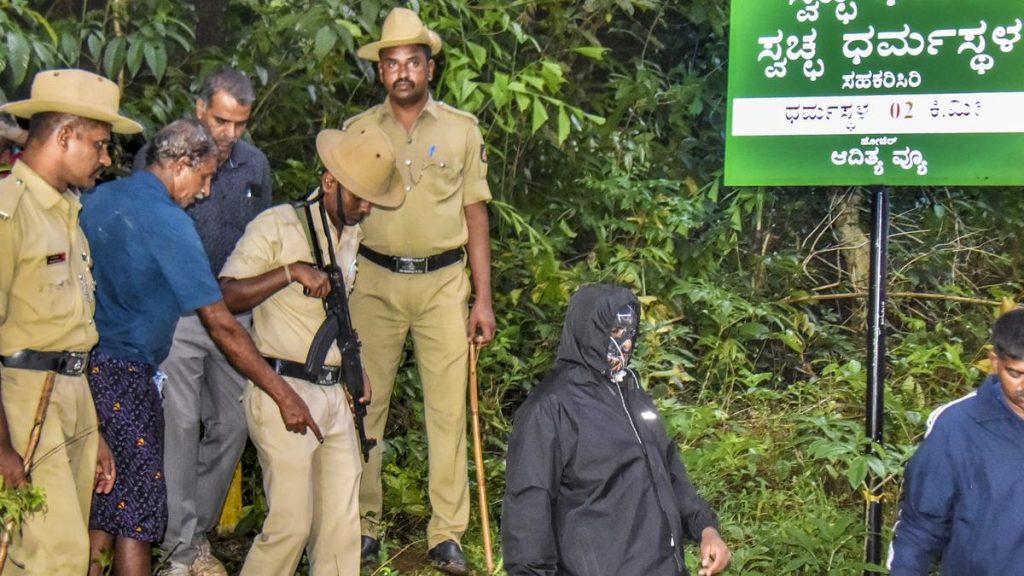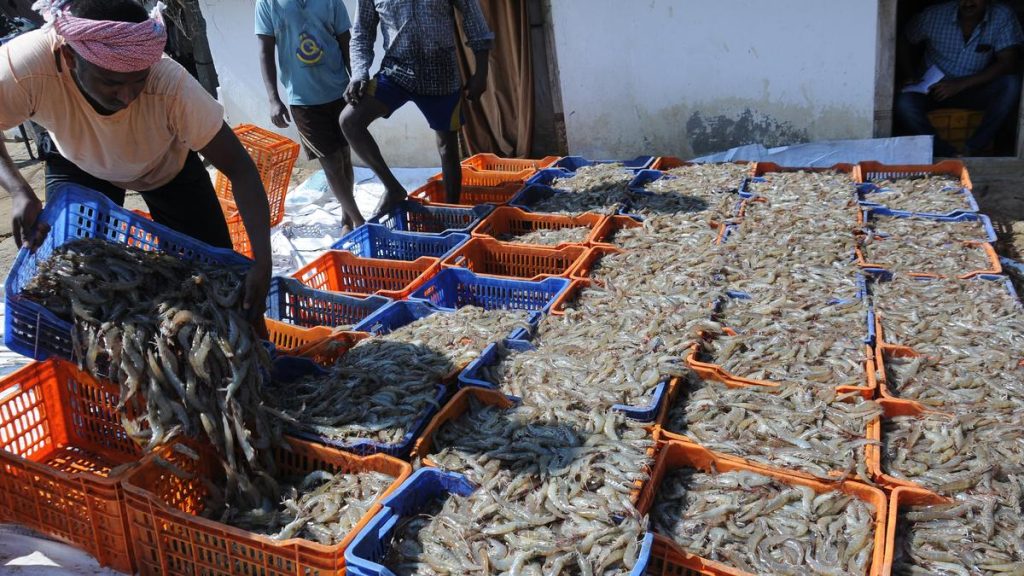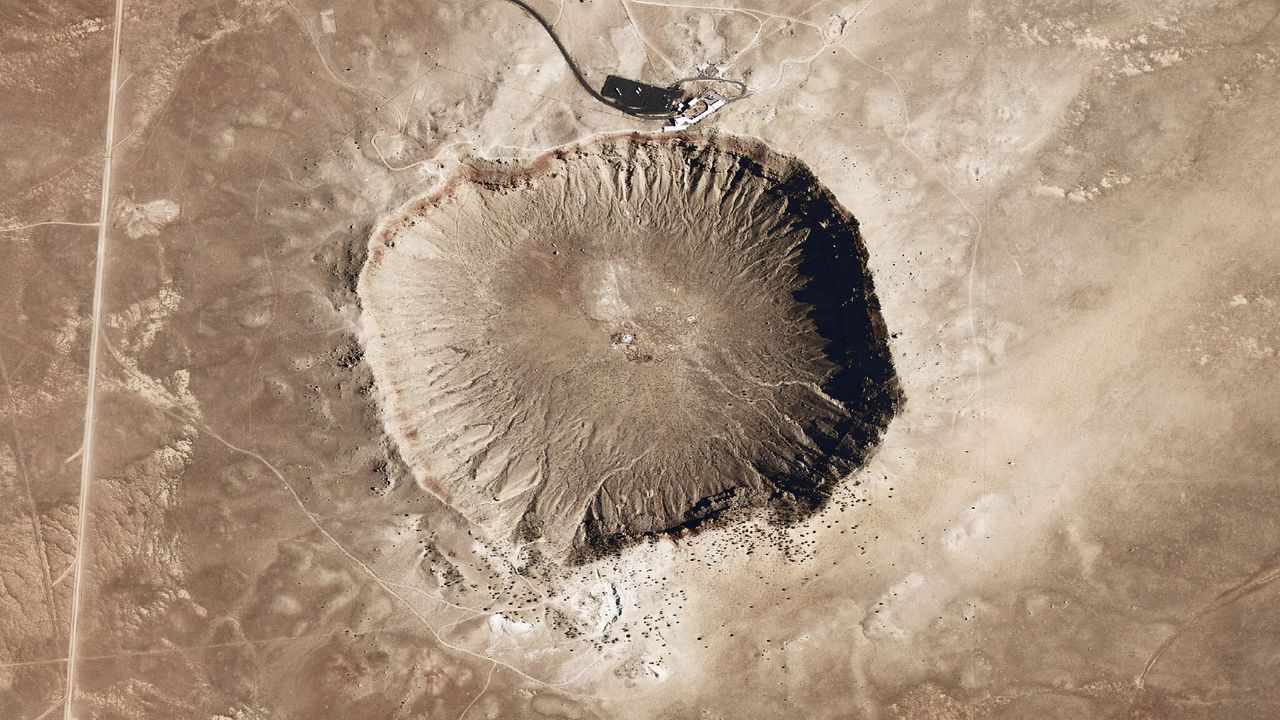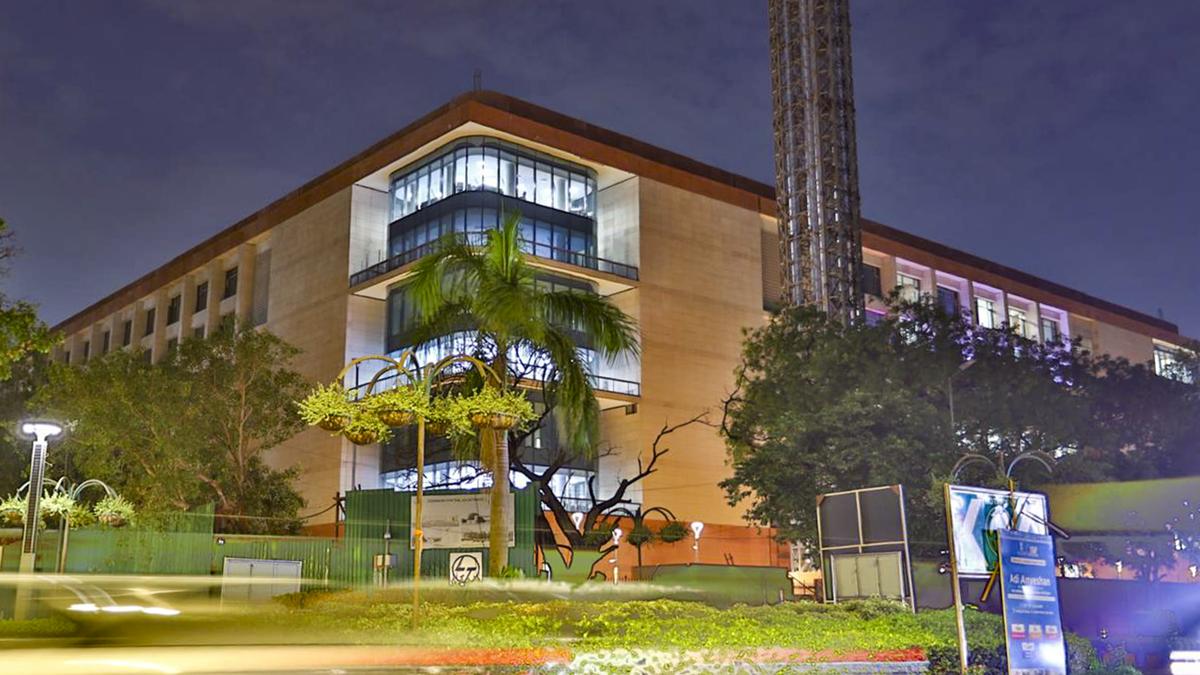Now Reading: Protect Honest Officers: SC Weighs In on Anti-Graft Law Amendments
-
01
Protect Honest Officers: SC Weighs In on Anti-Graft Law Amendments
Protect Honest Officers: SC Weighs In on Anti-Graft Law Amendments
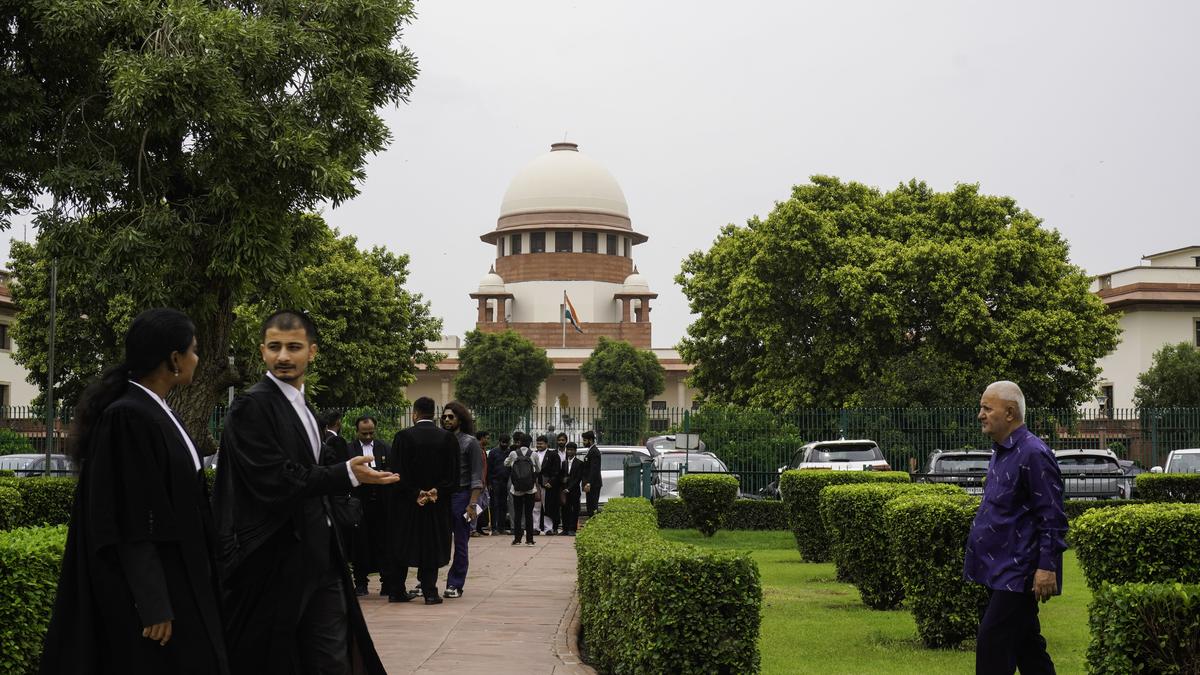
Quick Summary
- Date & Context: The Supreme Court of India,on August 5,2025,deliberated on Section 17A of the Prevention of Corruption Act (1988),wich mandates obtaining prior sanction before prosecuting public servants for recommendations made in their official duties.
- Key Comments from Judiciary:
– Justice K.V. Viswanathan emphasized that the provision aims to protect honest officers from political vendetta after regime changes.
– Justice B.V.Nagarathna remarked on the need for balance to prevent frivolous prosecution while addressing corruption issues effectively.
- Petition Details:
– Filed by Center for Public Interest Litigation and represented by advocate Prashant Bhushan, it challenges Section 17A as an impediment to anti-corruption efforts.
– Mr. Bhushan highlighted that only about 40% of cases involving CBI received approval under Section 17A and suggested transferring sanction powers to an self-reliant authority.
- Government’s Position:
– Solicitor General Tushar Mehta defended the law as a necessary safeguard against potential misuse and argued against judicial overreach into legislative functions.
– additional arguments were made about potential abuse through NGOs targeting public servants without protection under Section 17A.
The court reserved judgment on this matter.
Indian Opinion Analysis
the discussion around Section 17A reflects deep concerns over striking a balance between preventing corruption and safeguarding honest bureaucrats from politically motivated investigations. From one viewpoint,mandating prior government approval acts as a protective measure for officials genuinely committed to their duties yet vulnerable during regime changes. Conversely, critics worry it shields dishonest practices by relying too heavily on sanctions from perhaps biased competent authorities.
For India’s governance system, this raises broader questions about openness versus efficiency in administration-the risks of policy paralysis due to excessive fear among bureaucrats versus ensuring accountability even at high levels of power. any ruling will likely have meaningful implications across governance structures and anti-corruption mechanisms in states where enforcement remains inconsistent.
Read more at: Source link


